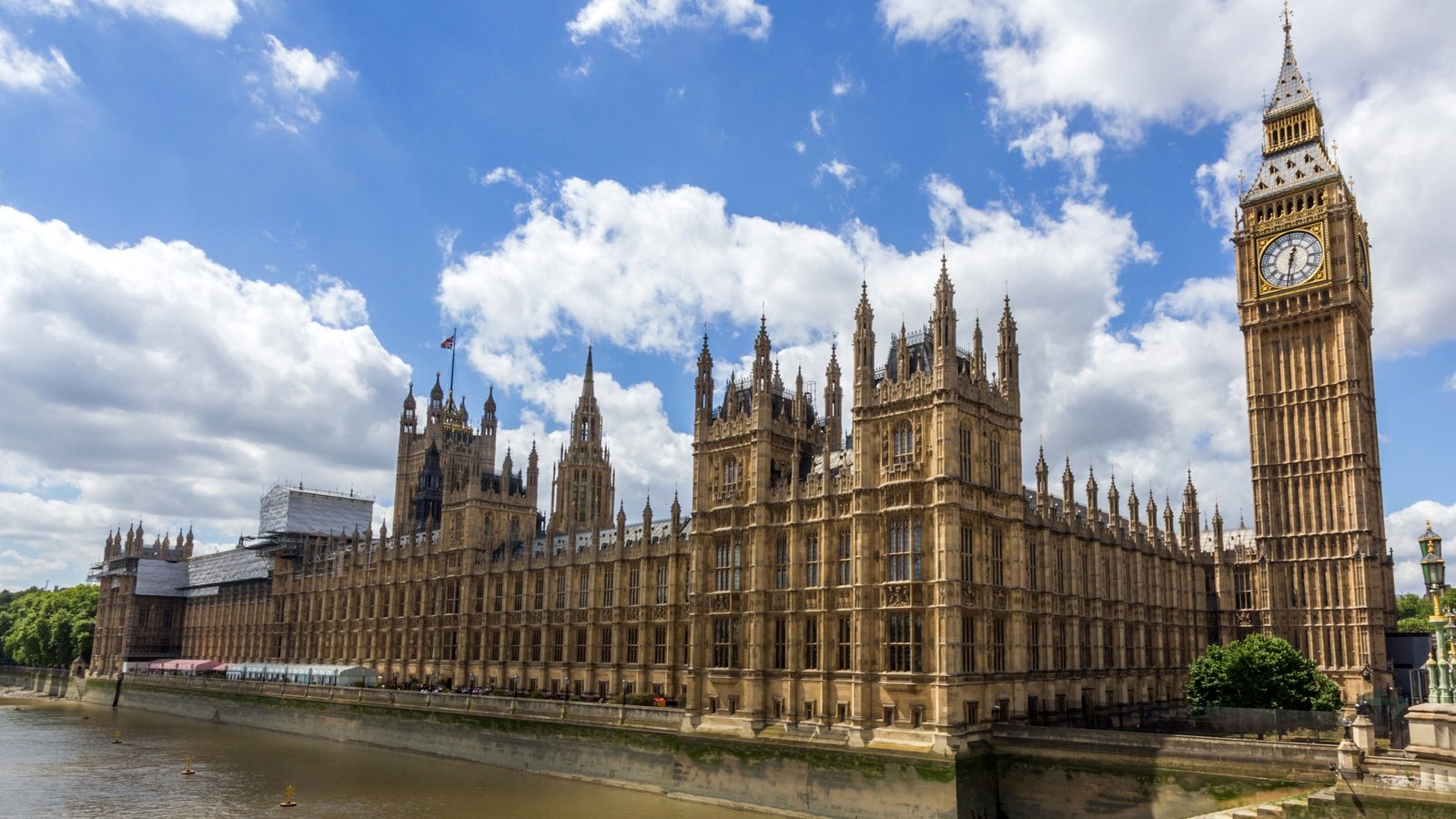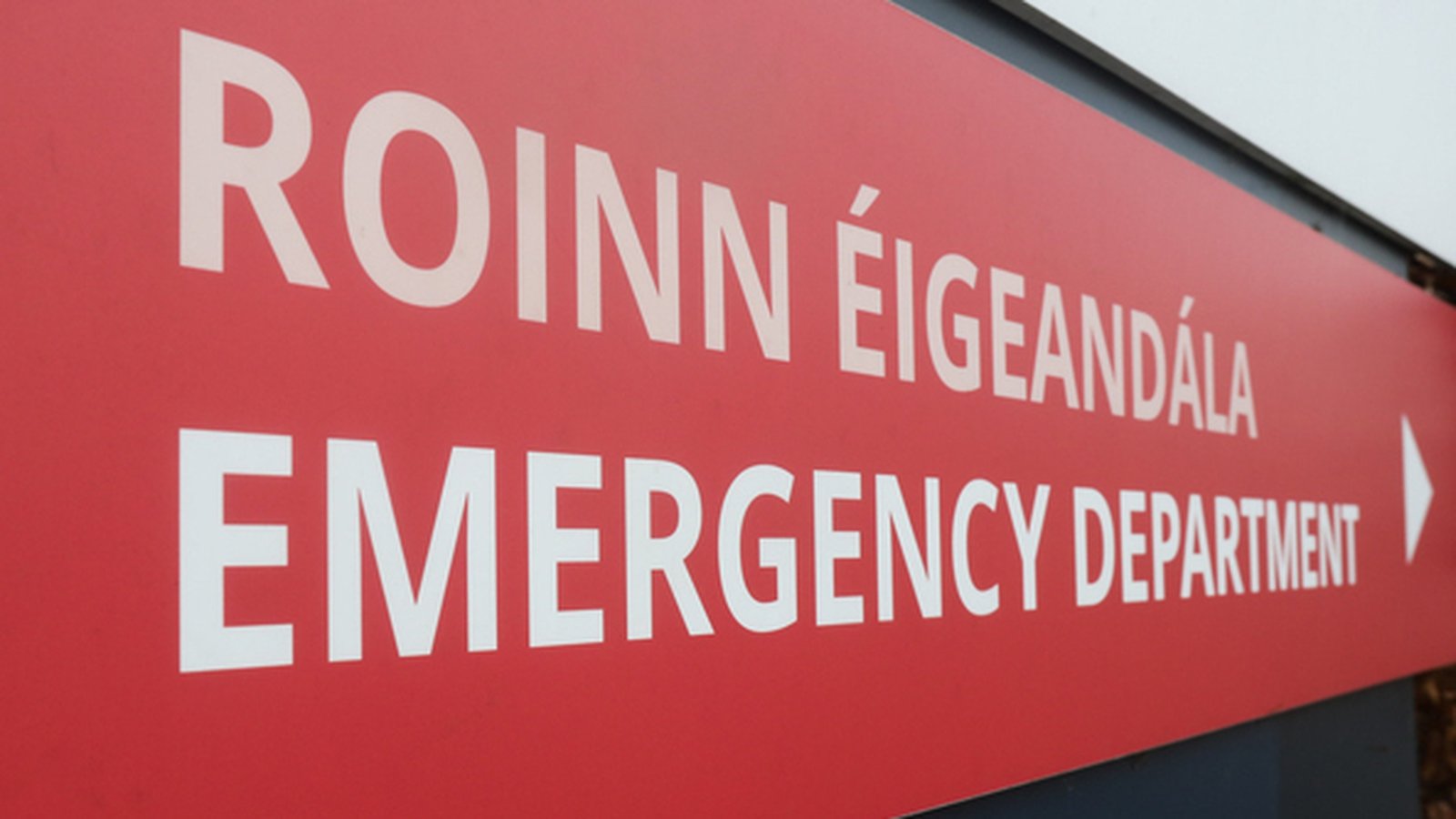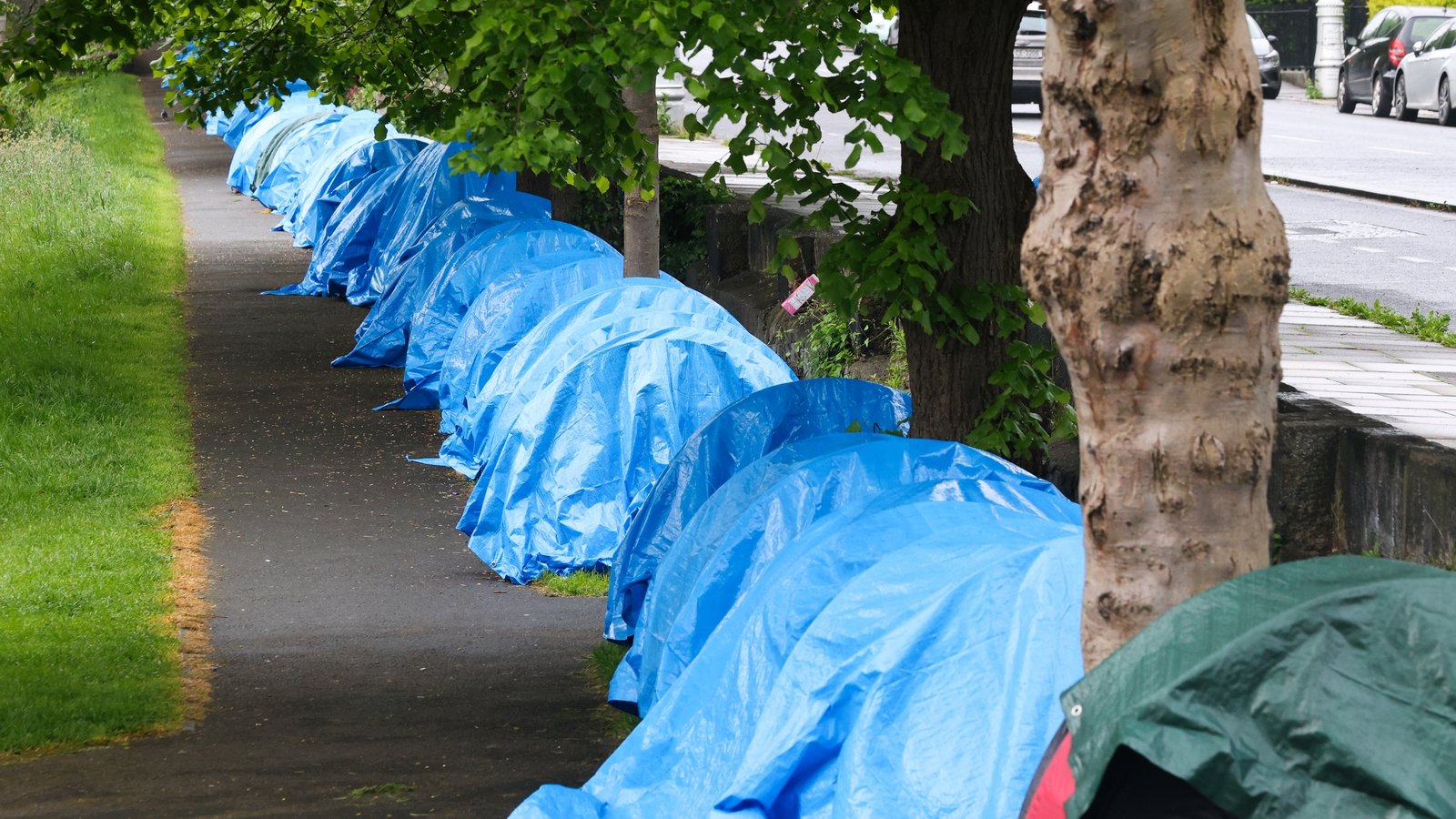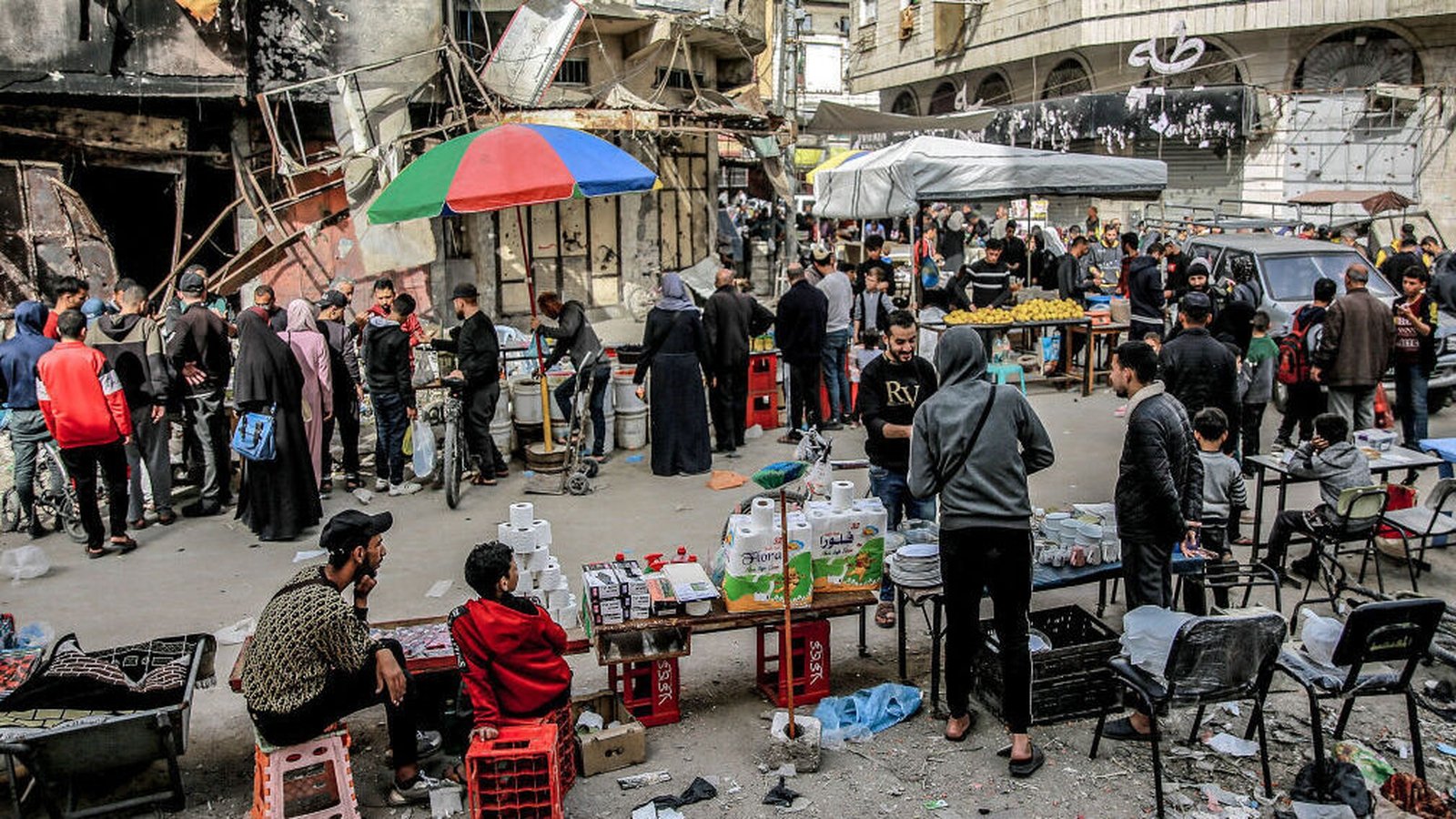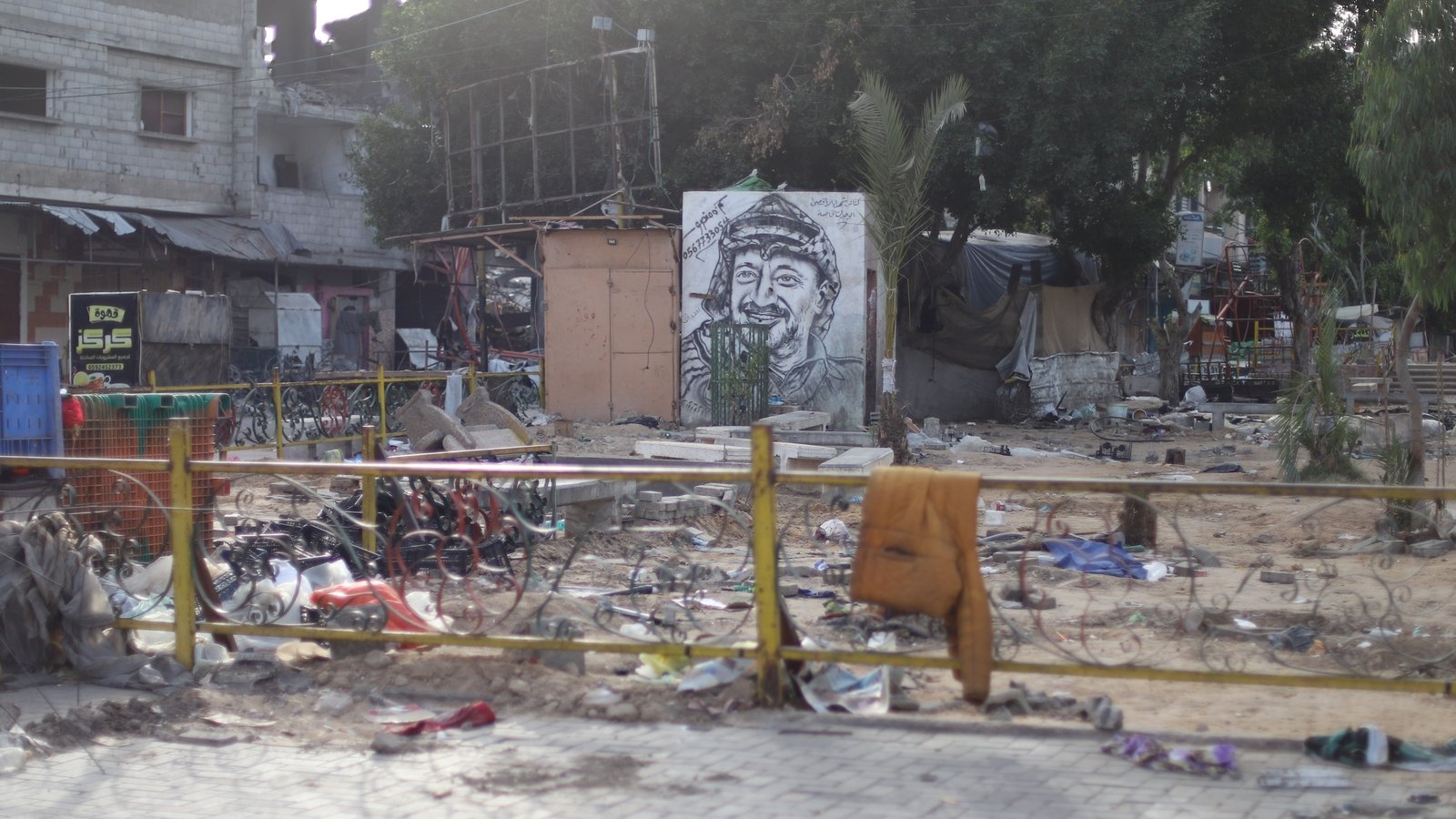EU ministers to meet wife of Navalny, discuss Ukraine aid
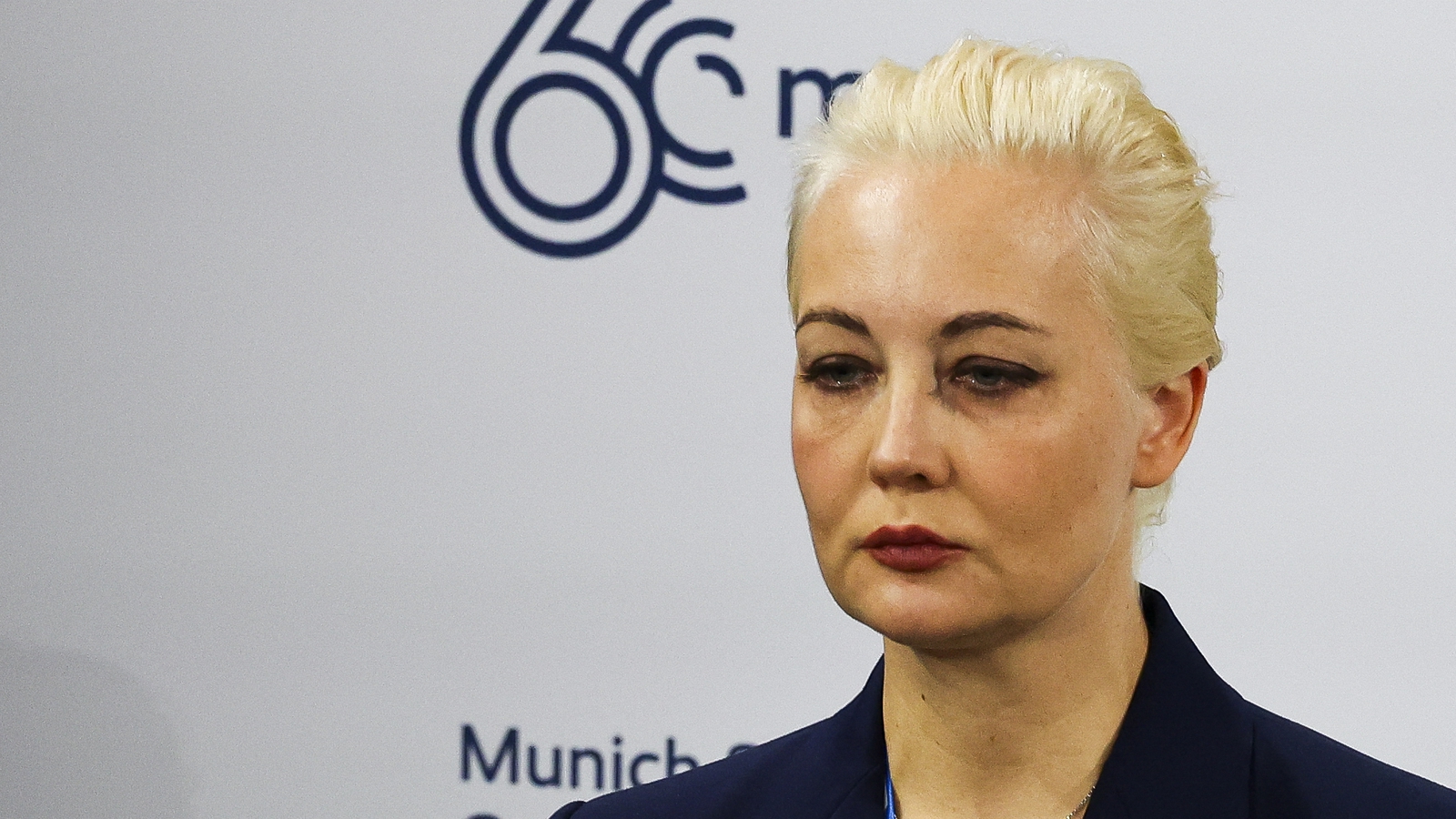
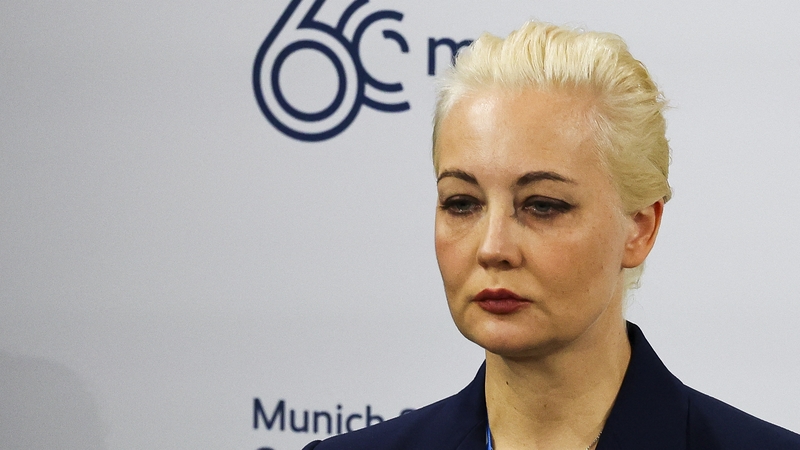
Yulia Navalnaya, the widow of the Russian opposition leader Alexei Navalny, will meet EU foreign ministers, including Tánaiste Micheál Martin, at a meeting in Brussels this morning.
The meeting is expected to be dominated by the news of Mr Navalny’s death on Friday in a penal colony in Russia, and by the fall of the strategic town of Avdiivka to Russian troops in eastern Ukraine over the weekend.
Ms Navalnaya was in attendance at the Munich Security Conference over the weekend, where she called on Europe and the West to hold Russian president Vladimir Putin to account for her husband’s death.
She is expected to repeat that message to EU foreign ministers this morning in Brussels.
The visit comes just days before the two-year mark of Russia’s war on Ukraine.
Ms Navalnaya on Friday said that Mr Putin and his allies would bear responsibility “for what they did to our country, to my family, to my husband”.
The chairman of the bloc’s 27 foreign ministers’ discussions, foreign policy chief Josep Borrell, announced Ms Navalnaya’s visit, saying the gathering would highlight “support to freedom fighters in Russia and honour the memory of Alexei Navalny”.
Navalny, a 47-year-old former lawyer, rose to prominence campaigning against corruption in Putin’s Russia. He was known for his fiery rhetoric at public protests and in court rooms, vocal presence on social media, and his team’s elaborate video investigations into state graft.
He collapsed after a walk at the Polar Wolf penal colony, Russian authorities said, where he was serving a three-decade sentence following years of persecution that included poisoning with a nerve agent in Siberia in 2020.
The ministers are due to discuss military support for Ukraine and what would be the European Union’s 13th package of sanctions against Moscow since it unleashed a full-scale invasion of its neighbour on 24 February 2022.
The meeting comes at a time when the United States is struggling to agree on more aid to Ukraine and many in Europe feel increasingly worried about prospects of the return to power of Donald Trump, a former US president dismissive of NATO.
Inside the EU, Germany has blocked replenishing a military fund used to supply Ukraine saying Berlin was contributing too much compared to other members.
Hungary has so far declined to back the proposed new sanctions against Moscow, which would blacklist nearly 200 companies and individuals – including some outside Russia -deemed involved in the war, or in bypassing already existing trade restrictions.
Budapest, where Prime Minister Viktor Orban says he is “proud” about his contacts with the Kremlin, has stalled many of the previous rounds of sanctions, as well as EU agreements on financial assistance to Kyiv.
Such moves require unanimous backing of all EU states.
The EU has coordinated with Washington and London. One senior EU diplomat said they believed it “will be able to make it in time” and agree the new punitive measures for 24 February.
The ministers will also discuss Israel’s war in Gaza and Sahel, where military juntas have taken over in Mali, Burkina Faso and Niger in recent years, and Mauritania has become an important point of departure to Europe for African migrants.
Read more:
Latest Ukraine stories

